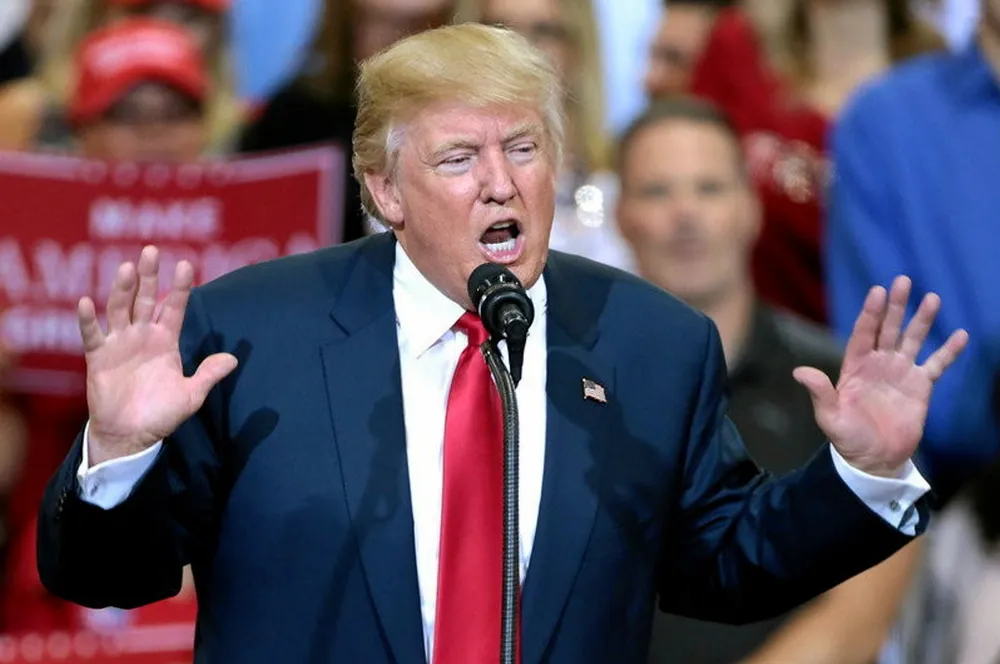Trump trifecta will slow US net zero ambitions but won't 'derail energy transition': WoodMac
Research consultancy said President-elect’s support for industrial expansion will drive demand underpinning clean power deployment

US President-elect Donald Trump’s aim to reverse President Joe Biden’s climate agenda through Republican domination of Congress will likely face political and market opposition and “will not derail the energy transition,” research consultancy Wood Mackenzie said in a note released Monday.
David Brown, director, Energy Transition Service at Wood Mackenzie, said: “The IRA has supported over US$220bn in manufacturing investment and much of this has been concentrated in Republican-led states.
“The likelihood of a full IRA repeal is low. However, there could be some amendments to the legislation. Renewables investment could slow, but capacity is set to grow by 243GW from 2024-2030 even in our delayed transition scenario.”
A key driver of renewables will likely be surging power demand from technology firms and reshored manufacturing that enjoy the President-elect’s support.
WoodMac sees 51GW of new data centre announcements since 2023, “which have a better chance of coming to fruition if Republican-supported permitting reform comes to pass,” said Brown.
Brown noted that the concentration of manufacturing in Republican states support continuation of the advanced manufacturing tax credits in the IRA.
The impact of Republican control “will vary by sector, commodity and technology, with some more at immediate risk than others,” according to WoodMac.
Wind power
WoodMac expects the Trump administration to restrict permitting resources and limit new leases for offshore wind, but said “these impacts will not materially change the 10-year outlook, as almost 25GW of projects under development are already permitted or in the late stages of permitting.”
The consultancy sees more significant risk in the administration moves to shut down elements of the IRA that have been critical to its development amid inflationary headwinds.
“If the administration chooses to not issue guidance on the domestic content bonus credit for offshore wind, or pares back the 45X advanced manufacturing tax credit, investments in a domestic supply chain could be significantly delayed,” said Stephen Maldonado, research analyst at Wood Mackenzie.
WoodMac’s base case outlook expects 27GW of cumulative installed capacity by 2033, but noted the compound effects of these constraints “could lead to a 30% decrease over the same time frame.”
A second Trump administration also presents significant downside risk to onshore wind.
If Congress seeks “to repeal key mechanisms of the IRA or restructure an earlier phase-out of the production tax credit, deployment could slow significantly” for onshore wind, WoodMac said.
(Copyright)